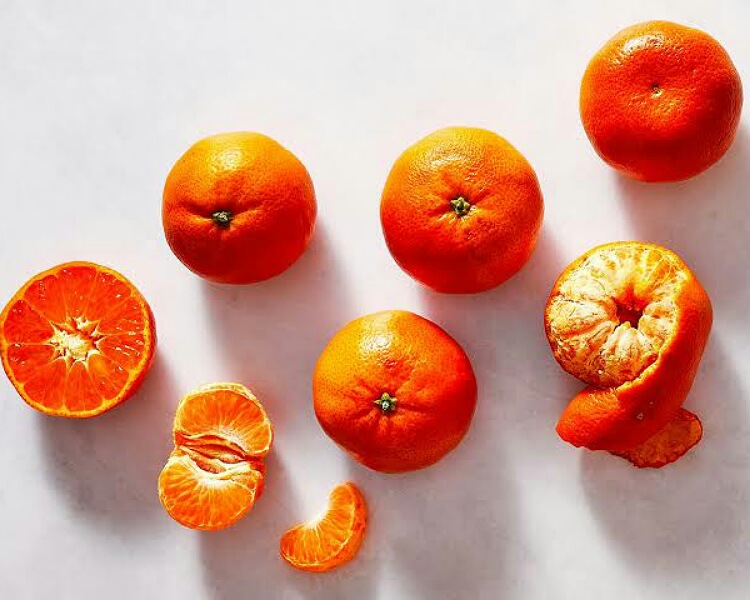Satsuma fruit belongs to the mandarin family. It is a highly nutritious fruit that originated in China. It is now grown in many countries of the world including the USA. What is it nutritive value? What are the health benefits claims of this citrus fruit?
Satsuma: a type of mandarin
Satsuma is a semi-seedless variety of mandarin that peels easily. It is a citrus fruit and belongs to the mandarin family of fruits. The latter includes clementines and tangerines. The place of origin is China. There was a superstition with this fruit during the Edo period. It was said that eating it can cause infertility. The fruit got introduced to the West in 1878 from the Satsuma region of Japan.

The size of this fruit is similar to that of a mandarin orange. It is one of the sweetest citrus fruit and is usually seedless. Their outer peel is loose and leathery. Hence peeling it is easy. There are 10 to 12 separate segments in it and the membranes in between the segments are tough. The inside flesh is extremely delicate. The color of the fruit varies from green to reddish orange. The cold temperatures sweeten them. One can also grow this tree in a pot. The fruits can be formed even without pollination or fertilization.
Nutritional facts
Satsumas are citrus fruits. Hence they have lots of vitamin C in them. This boosts immunity. One fruit will provide 35 to 50 calories. Satsumas also possess a lot of pro-vitamin A, potassium (131 mg), magnesium, manganese, along with dietary fiber (1.3 g), flavonoids and phenolic acids. There are other phytochemicals as well that serve a lot of good functions for the body.

There is just 0.1 g of fats in it and trans fat is zero. Sodium is also nil and total carbs are 8.9 g. Sugars are 6.8 g. And the protein level is 0.6 g. Being sweet, it is good for people who have intolerance to sour foods.
Health benefits
Satsumas are delicious and healthy fruits. The vitamin A in them can help in eye health and in maintenance of the inner lining of the respiratory tract. They stimulate the proliferation, growth, and function of white blood cells in the body. They play a major role in bone remodeling and regulated cell growth and also their division.
The vitamin C boosts immunity and keeps the gums and cartilage tissue healthy. It has an important role in synthesis of body collagen and heals wounds. It improves the absorption of iron in the gut and neutralizes the harmful free radicals.

Potassium present in them regulates blood pressure while manganese plays a role in brain and nerve conduction. Magnesium is essential for keeping bones strong and maintaining the function of nerves, muscles, and heart. Dietary fiber helps in bowel movements and prevention of constipation.
Also, read 9 healthy low calories breakfast options below 100 calories!
One can eat this nutrients dense fruit can directly or add them to salads, during stir fry or in smoothies. Choose the more ripe satsumas for better sweetness. The more time the fruits are left on the tree, the sweeter they turn out to be.
